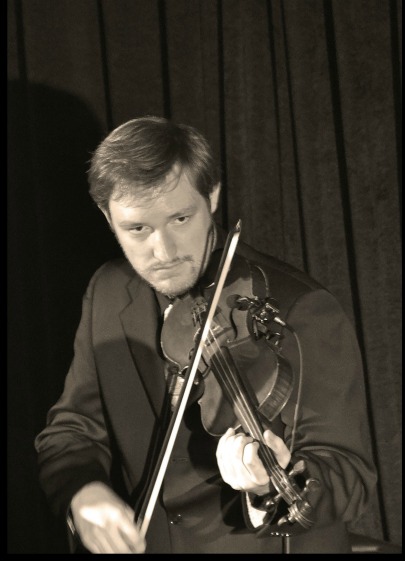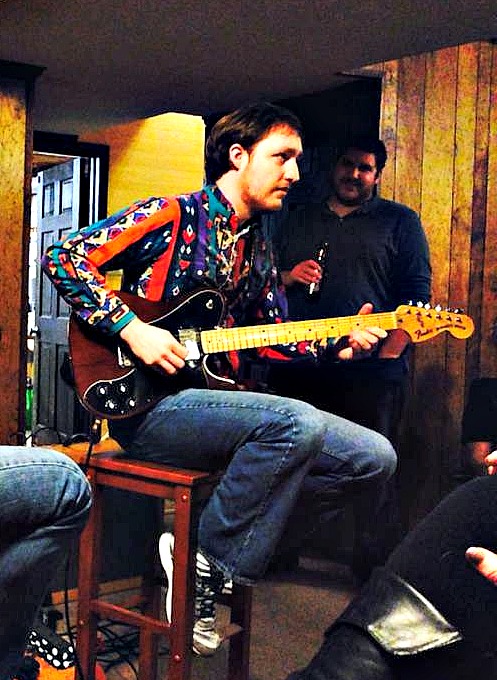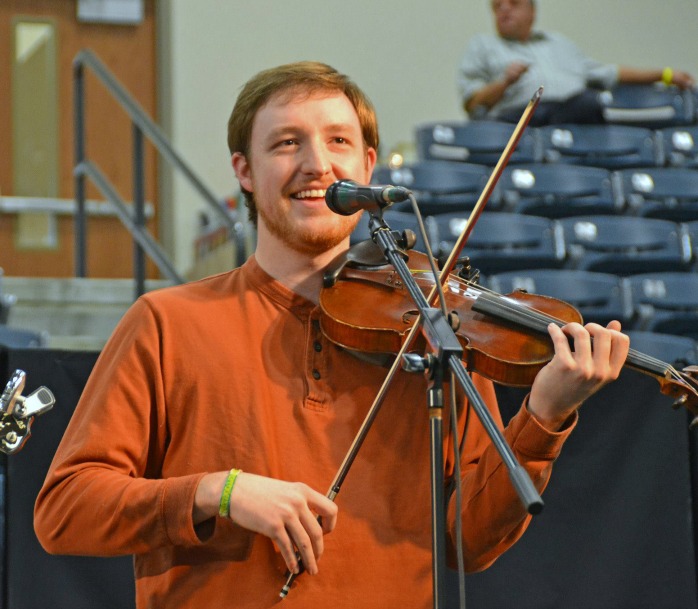Take Private Music Lessons From a Pro!
Taking private music lessons can greatly help your understanding of music theory and make you worlds better at playing your instrument. I know this because I took lessons for over a decade, and am still constantly learning from others.
I have been playing music for 15 years now, and have won multiple state championships and other awards on violin, guitar, mandolin and bass. I have toured with both professional and amateur bands and recorded on multiple albums including a solo project when I was 17.
I have been teaching professionally now for 7 years and have taught rank beginners, intermediate hobbyists, and touring professionals. I have taught all across the Southeast, Florida, New York, and Belgium.
I am now teaching private lessons over the internet via Skype.
I offer instruction in Fiddle (violin), Mandolin, Guitar, and Electric Bass as well as general music theory concepts such as scales, keys, rhythms, meters, etc.
Here Are a Few Reasons YOU Should Consider Private Music Lessons
Get Better at Your Instrument
In order to play with more people and to constantly be around better and better players, (and possibly make some actual money!) you have to constantly be getting better at your instrument. Taking private music lessons is the absolute best way to accomplish this because it not only gives you accurate instructions, but gives you a deadline (next week's lessons) to keep you on task and motivated. I teach technical facility through a continuous combination of two things:
- exercises to teach particular techniques
- songs that use these techniques to see how you can apply them
Learn More About Music Theory
Music theory is one of my favorite things to teach, otherwise, you wouldn't be reading this, because this website wouldn't be here. Here are just two of the most important things I cover.
Learn How Chords Work Together
I have taught beginners who wanted to learn music "the right way" and professionals who were already great players but just wanted to learn more about music theory. One of the most important parts of music theory is learning how chords affect the songs we play. Just learning how to play the chords of a song is vitally important, but it doesn't stop there. When you start improvising on a song, you have to switch scales to match what chords are going on at the time. In order to do that, you have to be familiar with all of those chords and how they fit together in the song.
Get Better at Reading
I have taught people who said they weren't smart enough to read music to become quite competent sight-readers. Music reading is really not hard if you have a good teacher to show you the right shortcuts and tricks.
Part of this involves some mnemonics to help you remember note names, and part of it is just some exercises to work on actually reading.
MOST PEOPLE SKIP THIS STEP! While reading music does get better with "just doing it", you can get better much faster if you actually practice a couple of exercises. I have yet to find any book that has these exercises. Click here to read more about how I teach.
Branch Out
Learn More Than One Instrument
Learning to play multiple instruments can help you learn more about music theory faster and in a way you can apply it better. Chords on a guitar look completely differently than chords on a piano. Though you have to learn to play them differently on different instrument, they are still composed of the same notes. Learning different shapes forms of the same chords helps you understand how a chord is used in different situations and allows you to be more creative with it
Also, anything you learn on other instruments helps you play your main instrument better by developing coordination other muscles and other muscle groups you may not be using. For instance, playing guitar and strengthening the picking muscles in the right hand can help train bow grip on violin.
Don't Limit Yourself to One Style
Another thing to consider is branching out into other musical styles. While I don't claim to play every style of music created, I have studied and continue to perform several styles including Bluegrass, Swing, Country, Old Time, Celtic, Rock, and Classical.
There are times I use Classical passages in Swing and Bluegrass shows. There are times I use Country licks in Rock shows. I sometimes use Old Time boeings on Celtic tunes. See the trend? It's all intertwined.
Now, this doesn't mean that it's all one big mess thrown in a blender. Each style is used to accent another in a way that is tasteful, yet interesting. The music doesn't suffer from a lack of identity, but rather takes on a sophistication that it wouldn't have if left in one particular style alone.
Private Music Lessons with Me
If you are interested in taking some private music lessons with me:
Return from Private Music Lessons to Homepage
Hope this helps! Practice hard and let me know if you have any questions!



